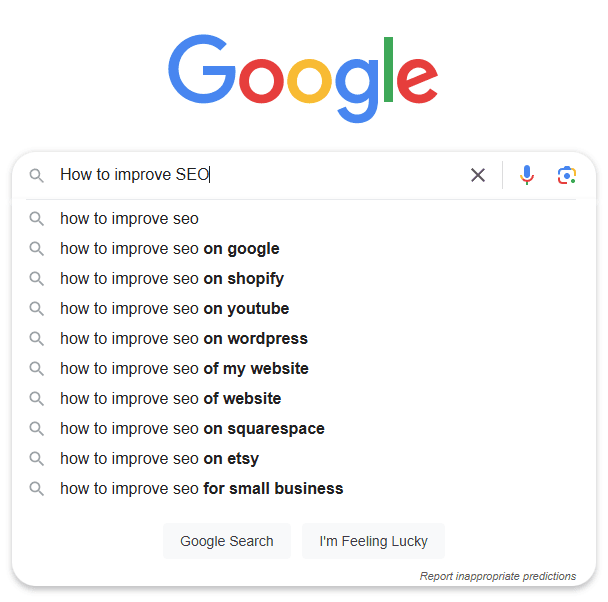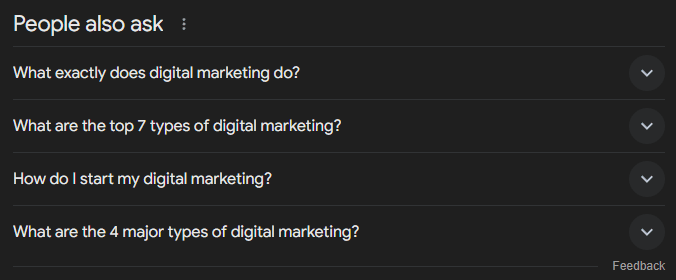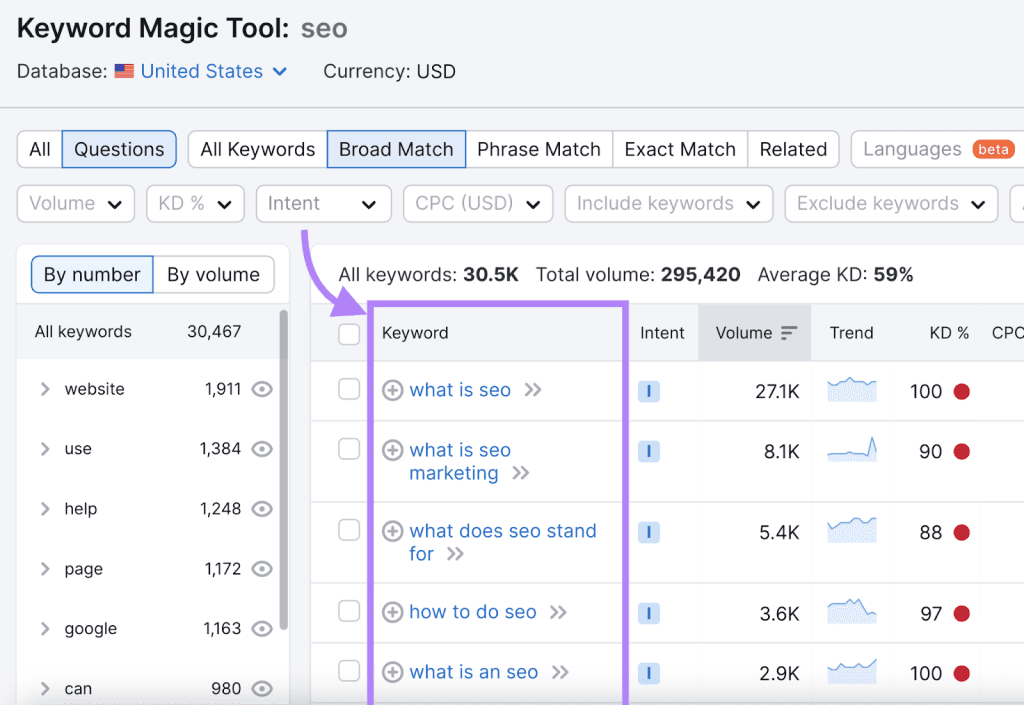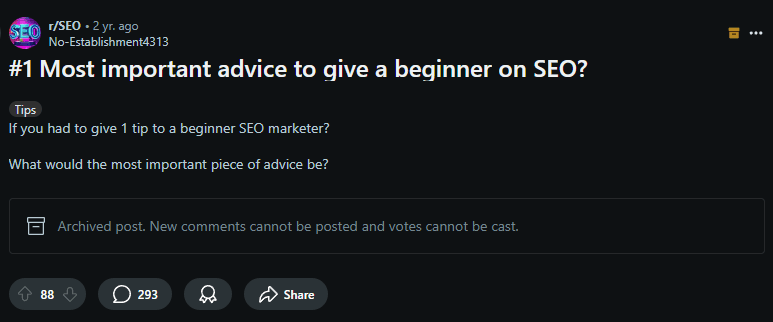Imagine this: you’re searching for answers online, and instead of finding a helpful article, you’re bombarded with vague and irrelevant pages. Frustrating, right? That’s where question keywords come in. By using question-based keywords, you can create content that directly answers user queries, making your website a reliable source of valuable information.
In this article, we’ll explore the power of question keywords, how to identify the right ones for your audience, and how to use them to create content that ranks and resonates. Ready to turn curious searchers into loyal visitors?
What Are Question Keywords?
Question keywords are simply search terms phrased as questions. These keywords are increasingly popular in SEO because they align directly with how users search. Instead of typing “best SEO tips,” people might type, “What are the best SEO tips for beginners?” By focusing on question keywords, you’re essentially speaking the language of your audience, addressing their needs head-on.
Examples of question keywords include:- How to Write an SEO Content Outline?
- How To Craft An Effective SEO Headline That Converts?
- What are Orphan Pages? How They Affect SEO And How to Fix Them?
Why Are Question Keywords Important in SEO?
Why should you care about question keywords? Simple: they’re a shortcut to relevance and engagement. When you structure your content around common questions, you naturally align with what people are actively seeking. Not only do you increase your chances of appearing in search results, but you also have the opportunity to capture “featured snippets”—those quick answer boxes that appear at the top of Google’s results.
Here are a few key benefits of using question keywords in your content strategy:- Enhanced User Engagement: When your content directly answers user questions, they’re likelier to explore your site.
- Higher Search Visibility: Google prioritises content that answers user queries, primarily in featured snippets.
- Stronger Connections: Content that provides clear answers helps build trust, turning visitors into repeat readers or customers.
How to Find Questions for Keywords
Finding the right keywords requires research, but it’s worth the effort. Here’s how you can uncover the questions your audience is asking:
1. Use Google’s Autocomplete Feature
One of the easiest ways to find question keywords is by simply typing a topic into Google and seeing what autocomplete suggestions come up. These suggestions are based on popular search queries, so you’ll quickly see what people are asking. For example, if you type “How to improve SEO,” Google might suggest questions like “How to improve SEO rankings fast?” or “How to improve SEO for a small business?”

2. Check Out the “People Also Ask” Section
Google’s “People Also Ask” section is a goldmine for question-based keywords. When you search for a topic, scroll down to find related questions other users ask. These questions are often perfect for creating targeted content that directly addresses user queries. For instance, if your main topic is “digital marketing”, related questions might include “What are the types of digital marketing?” or “What exactly does digital marketing do?”

3. Use Keyword Research Tools
Keyword research tools like Ahrefs, SEMrush, and AnswerThePublic are invaluable for finding question-based keywords. These tools gather popular queries around specific topics, giving you a comprehensive list of questions users frequently search for. Tools like AnswerThePublic display these queries visually, making it easier to spot patterns and identify the most relevant questions.You can also use Answer Socrates' free keyword tool to find these keywords faster. They use Google autocomplete to find hundreds of keyword and questions real people are asking, to improve your content.
4. Explore Forums and Q&A Sites
Forums like Quora, Reddit, and even niche-specific communities can be fantastic sources for question keywords. People turn to these sites to ask specific questions they couldn’t find answers to elsewhere. By noting these questions, you can address unique queries that may not appear in traditional keyword tools.

How to Create Content That Answers User Queries
Once you’ve identified your question-based keywords, it’s time to create content that answers these queries comprehensively. Here’s how:
1. Structure Your Content Around Questions
Organise your content by breaking it down into sections that answer specific questions. This makes it easier for readers to find what they’re looking for and signals to search engines that your content addresses multiple facets of the topic. For example, an article titled “How to Start a Blog” could be broken down with headings like “What platform should I use to start a blog?” and “How much does it cost to start a blog?”
2. Be Clear and Concise
When answering questions, keep your answers clear and to the point. Google often pulls short, direct answers into featured snippets, so aim for brevity without sacrificing accuracy. If the question requires a more detailed response, consider including a brief answer at the beginning, followed by a more in-depth explanation.
3. Use Lists and Bullet Points
Lists, bullet points, and tables help organise information and make your content more scannable. Search engines love structured data because it makes pulling relevant information for featured snippets easier. If a question can be answered with a list of steps or items, present it in a way that’s easy to read and visually engaging.
4. Provide Examples or Visuals
Enhance your answers with examples, visuals, or even quick tips. This adds value to your content and gives readers a deeper understanding of the topic. For instance, if you’re answering “How do I optimise my website for SEO?” you could include a screenshot of Google Analytics or a brief tutorial video.
5. Optimise for Featured Snippets
To increase your chances of capturing featured snippets, focus on writing clear, concise answers to your target questions. Aim for 40-60 words for quick answers, and remember to use the question as a heading or subheading. Search engines often pull these snippet-worthy sections when the content is organised and directly answers user queries.
Examples of Effective Question-Based Keywords
Looking for some inspiration? Here are a few question keywords and ways you might structure your content to answer them effectively:- “How can I improve my SEO?”
- Content Idea: A step-by-step guide on effective SEO strategies for beginners, broken down by critical areas like keyword research, on-page SEO, and backlinking.
- “What is digital marketing?”
- Content Idea: An informative article that defines digital marketing, followed by sections on its types, benefits, and how businesses can leverage it.
- “Why is content marketing important?”
- Content Idea: A blog post that discusses the role of content marketing in today’s digital landscape, with examples of successful content marketing strategies.
Each question keyword allows you to address specific needs, educate your audience, and improve your website’s SEO.
Common Mistakes to Avoid with Question Keywords
When using question keywords to create content, there are a few pitfalls to watch out for:- Overloading with Questions: Avoid cramming too many questions into a single article. Focus on a few key questions and answer them thoroughly instead of skimming over multiple ones.
- Neglecting User Intent: Ensure the questions you answer align with what users are searching for. Just because a question ranks high doesn’t mean it’s relevant to your audience.
- Ignoring Readability: Organising content around questions doesn’t mean sacrificing readability. Keep your content well-structured and easy to follow, with clear subheadings and simple language.





